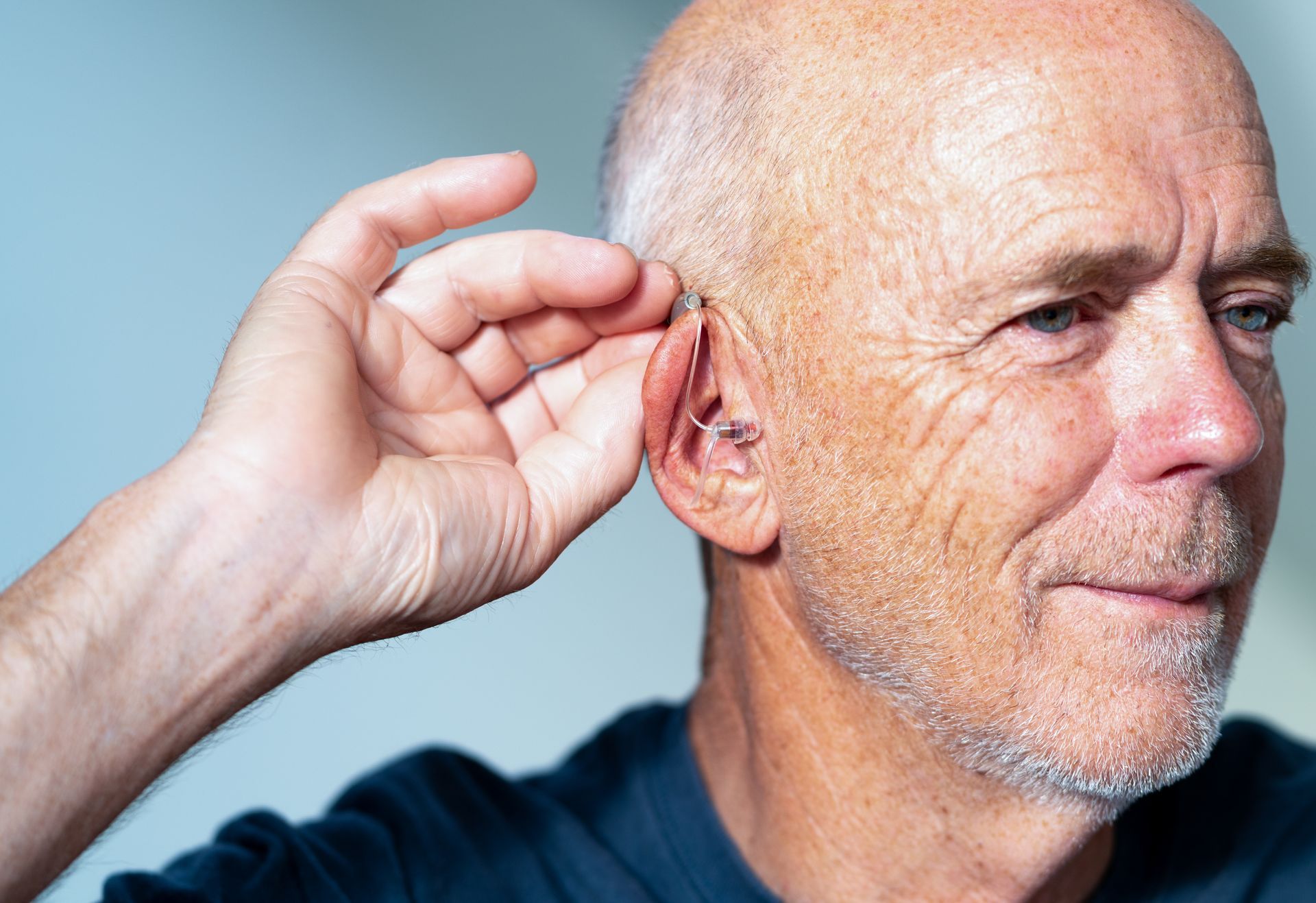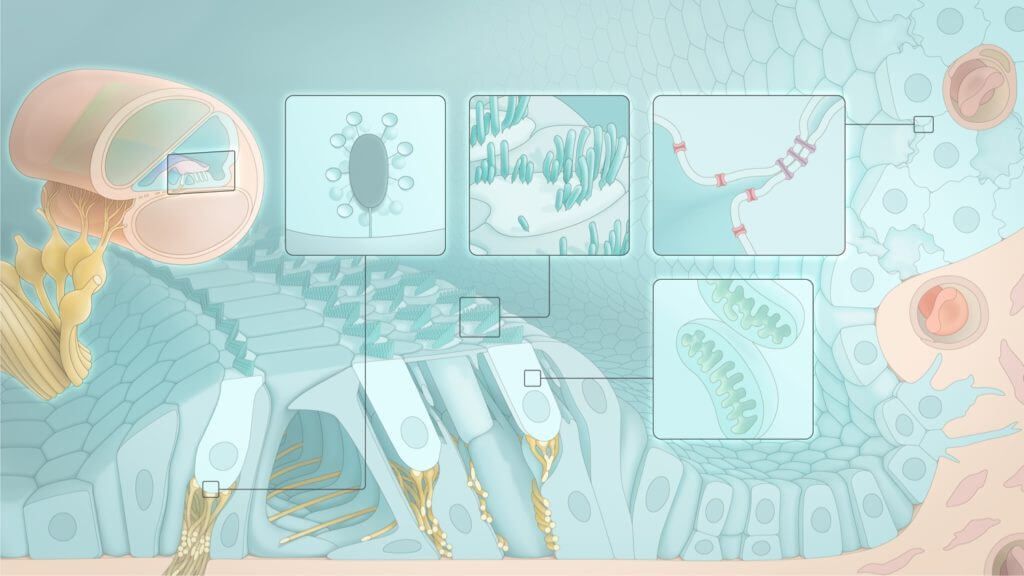Can COVID-19 Worsen Tinnitus?
Roughly one in five Americans experience tinnitus, the perception of noise in the ears frequently compared to a ringing or similar sound. Many factors contribute to tinnitus; now, we can add COVID-19, thanks to a recent study from Angela Ruskin University in Cambridge, England.[1]
The study, which looked at 3,103 people with tinnitus from 48 countries, was conducted in cooperation with both the British Tinnitus Association and the American Tinnitus Association. The results, published in the medical journal Frontiers in Public Health, found that 40% of COVID-19 patients experienced an increase in tinnitus symptoms.
While the majority studied in Cambridge had already been diagnosed with tinnitus, a small number appeared to have developed symptoms due to the coronavirus, leading researchers to speculate that tinnitus may be an additional, though somewhat rare, symptom of COVID-19.
Social distancing was another contributing factor to increased symptoms, according to a significant number of tinnitus sufferers whose work and lifestyle routines were disrupted (46% of UK patients and 29% from North America). Stress, loneliness and difficulty sleeping made tinnitus more bothersome for 32% of respondents.
Other factors mentioned by participants that exacerbated tinnitus symptoms include increased video calls, noisier home environments, homeschooling, and increased coffee and alcohol consumption. Along with the challenges in accessing health care due to COVID-19 restrictions, it’s clear the pandemic impacts those with tinnitus across the globe.
“Some of the changes brought about by COVID-19 appear to have had a negative impact on the lives of people with tinnitus, and participants in this study reported that COVID-19 symptoms are worsening or, in some cases, even initiating tinnitus and hearing loss,” explained Dr. Eldre Beukes, a research fellow at ARU and Lamar University in Texas and lead author of the study.
With a long list of possible causes, it’s best to schedule an appointment with Center for Hearing to get to the root cause of your tinnitus.
[1] Beukes EW, Baguley DM, Jacquemin L, et al. Changes in tinnitus experiences during the COVID-19 pandemic. Frontiers in Public Health. 2020;8. DOI=10.3389/fpubh.2020.592878.



